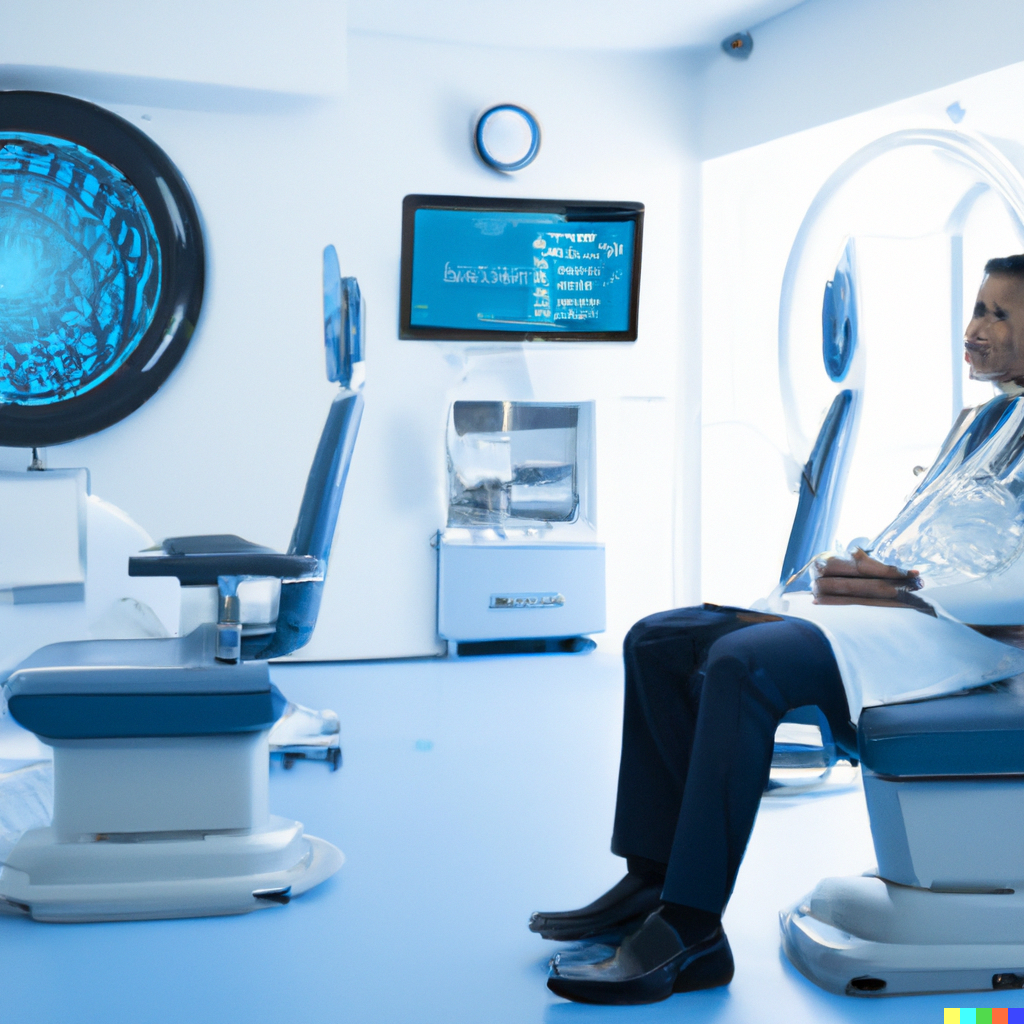Patient Information
Who should have a BMD test done?
- Women in the age group of 65 and above.
- Men in the age group of 70 and above.
- Women below 65 years who have touched the menopause stage and have a risk for osteoporosis
- Determine whether a patient is a good candidate for a procedure such as angioplasty.
- Individuals who fracture a bone postage 50 or have undergone a height loss of one and a half inches.
- Individuals above 50 years taking drugs associated with bone loss or low bone mass.
take your test in
Annex Medical Imaging
Avoid taking any vitamin or calcium supplements 24 hours prior to your bone density test. If you have had a barium study or a nuclear medicine injection within the past 14 days of your BMD appointment, please inform the front desk. In this case, your test would have to be rescheduled.

